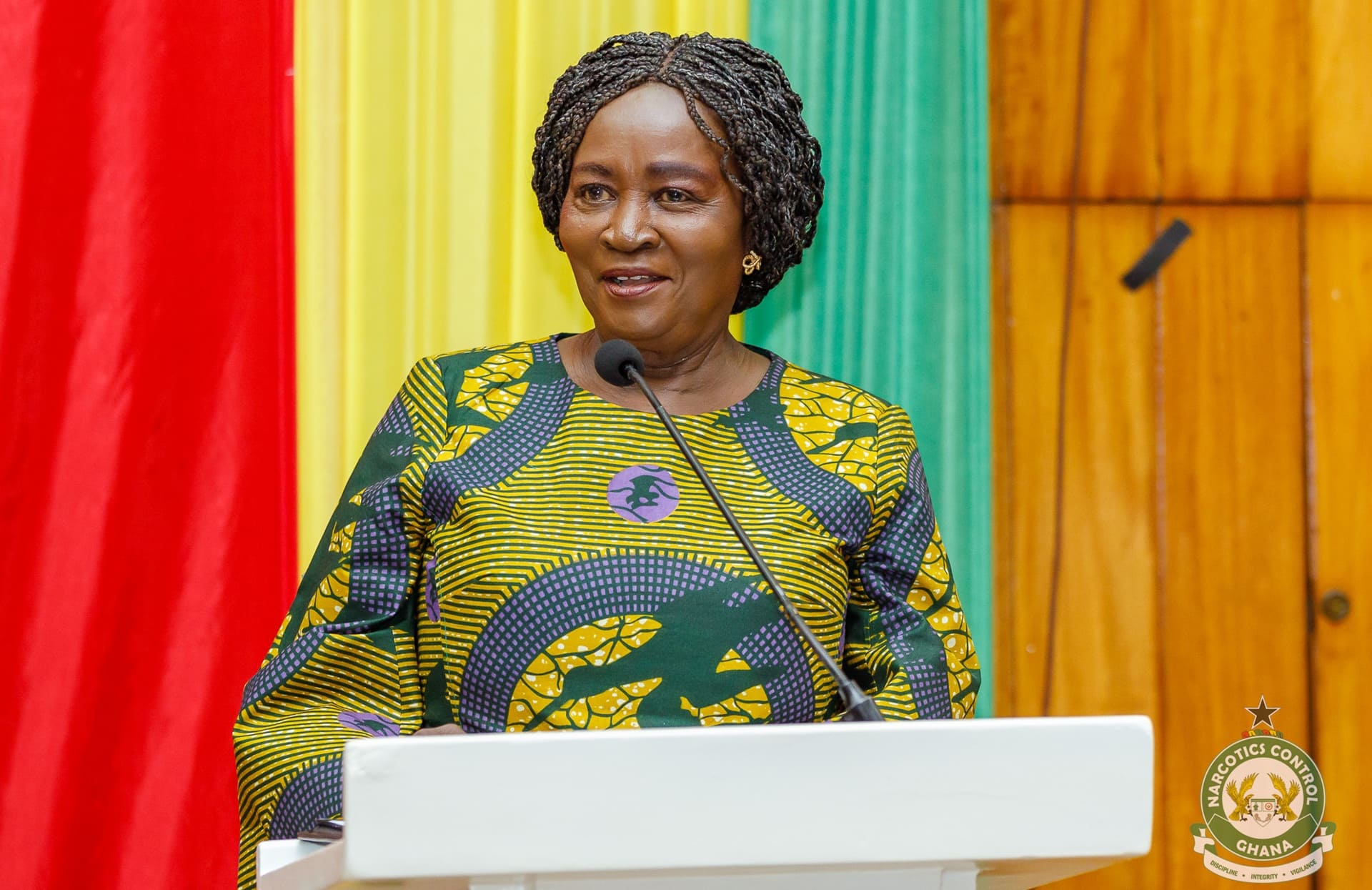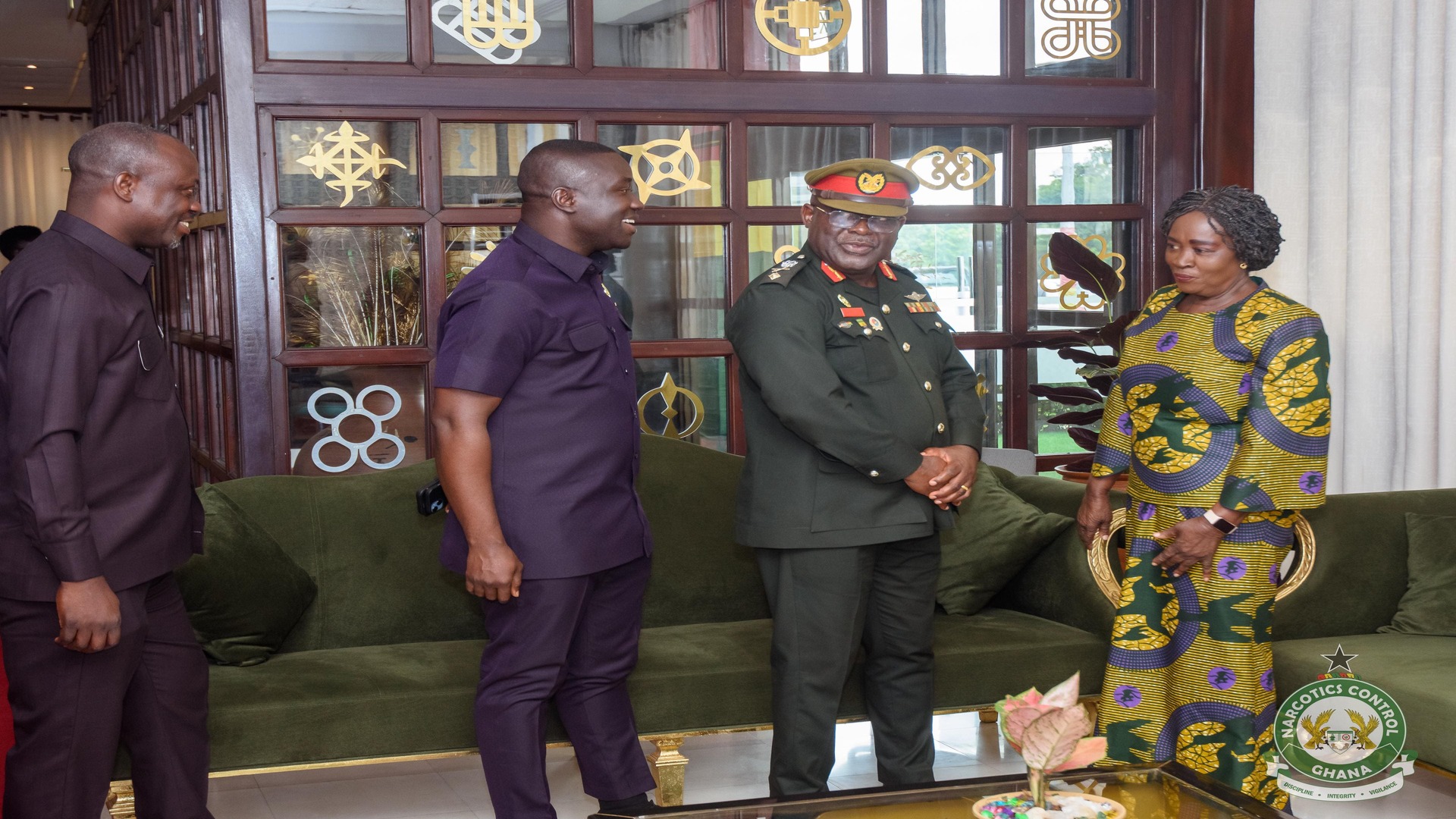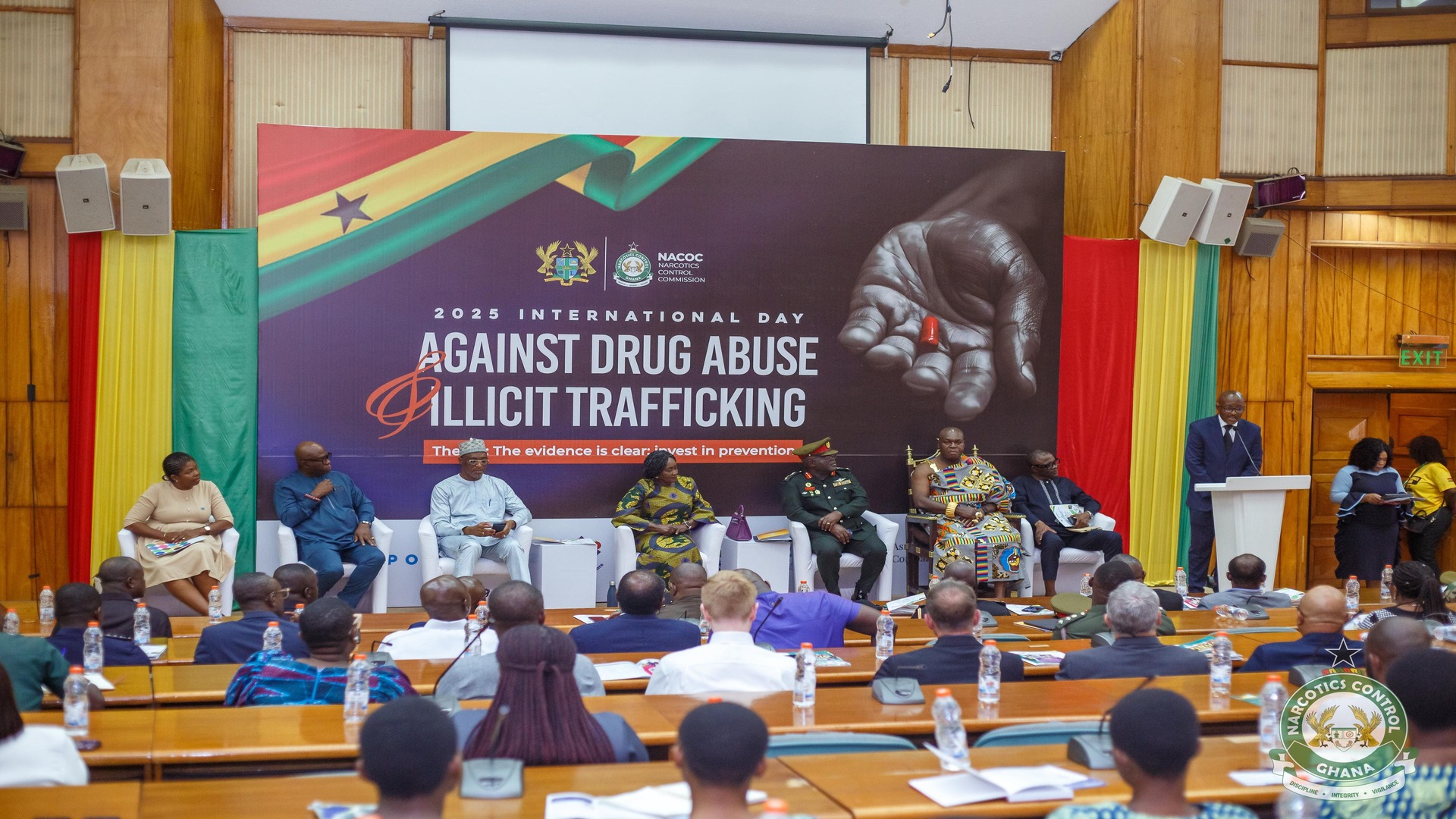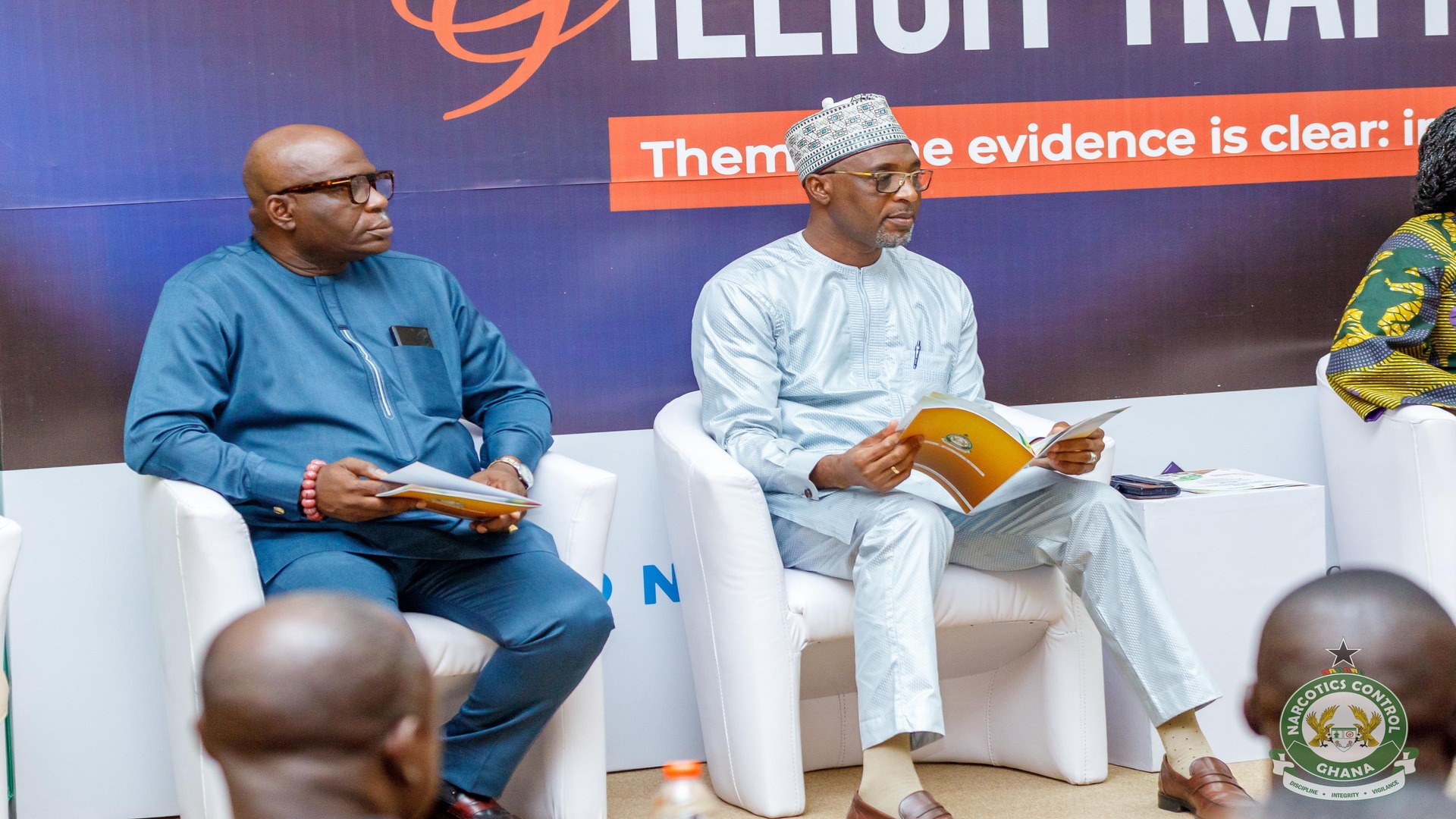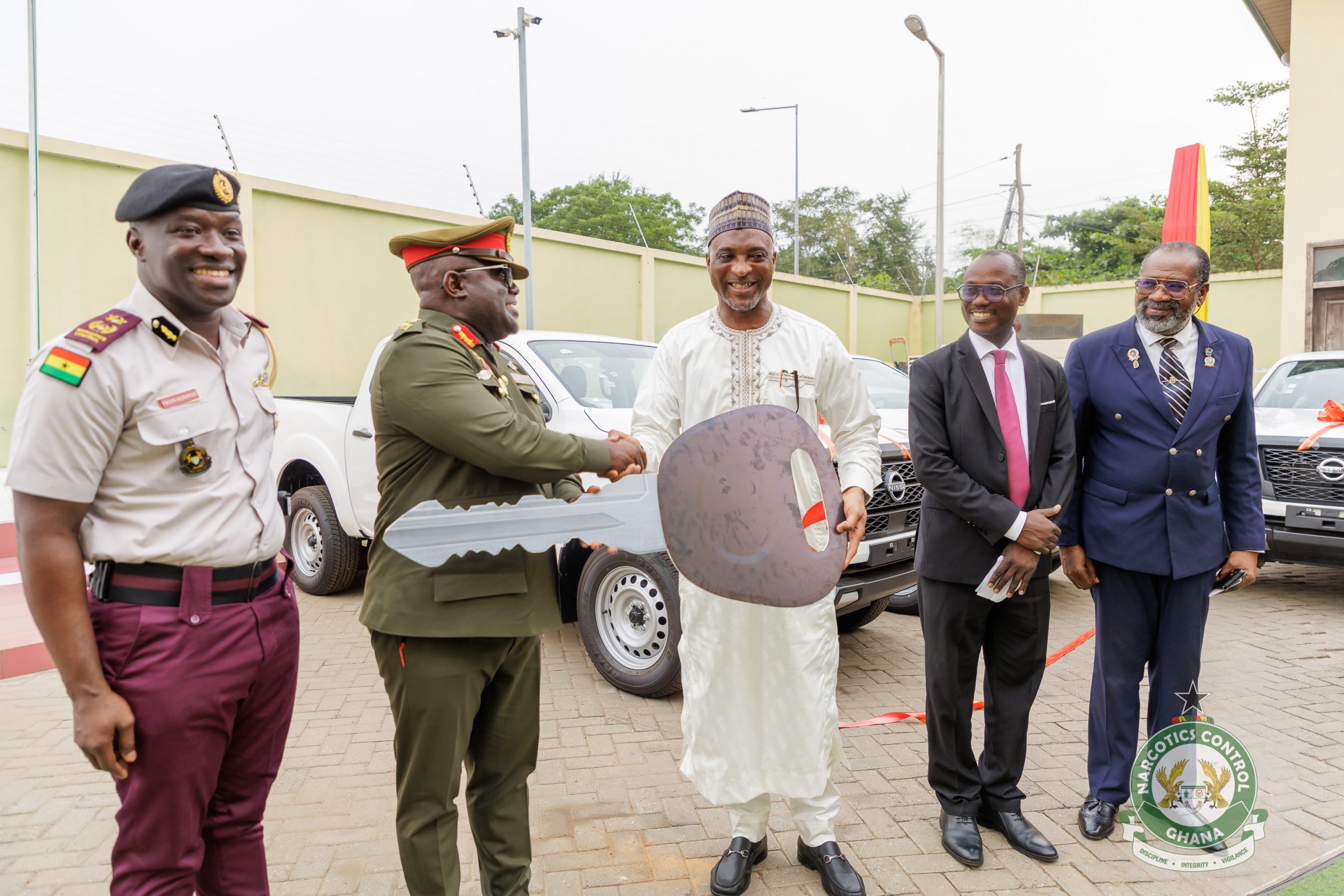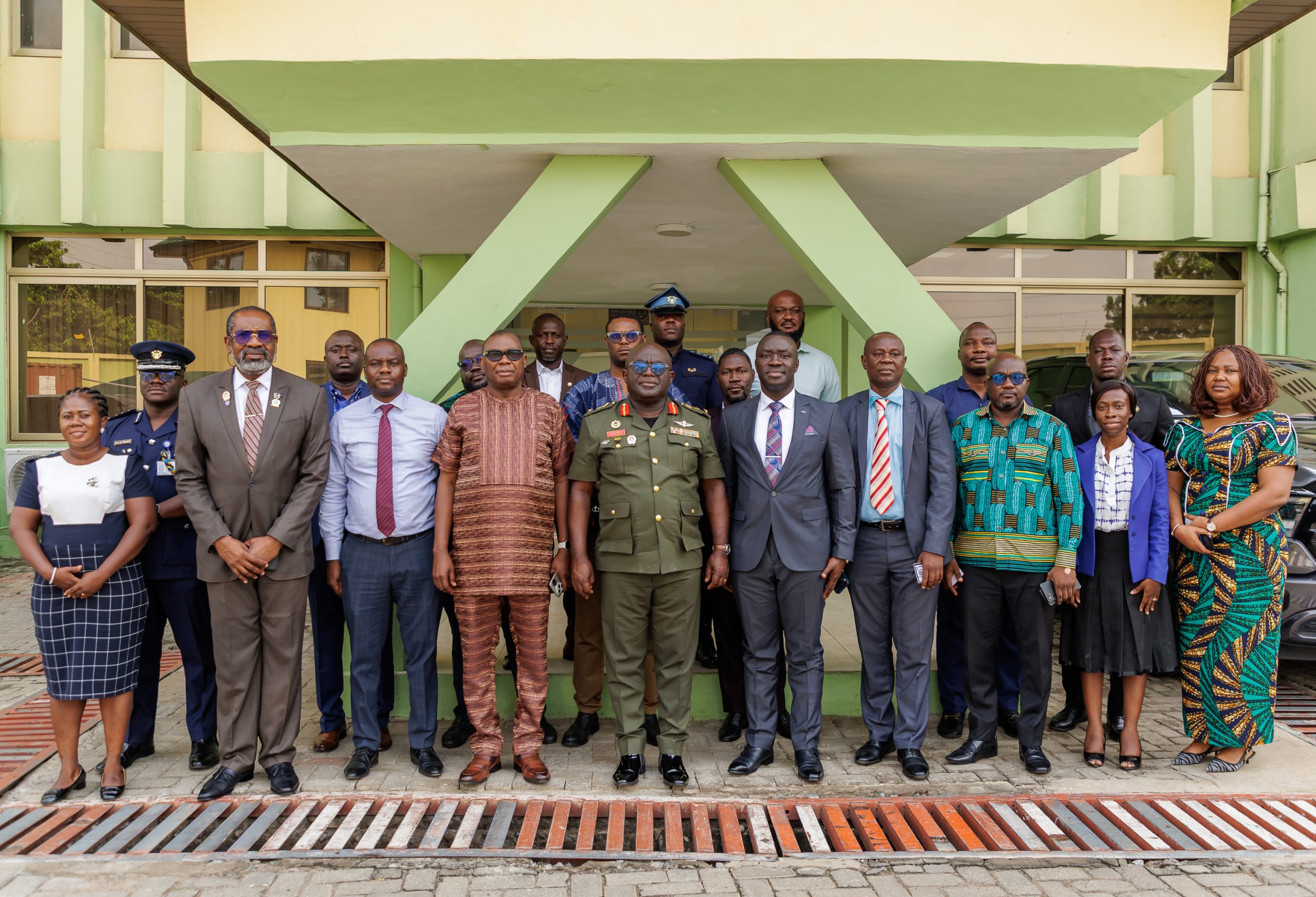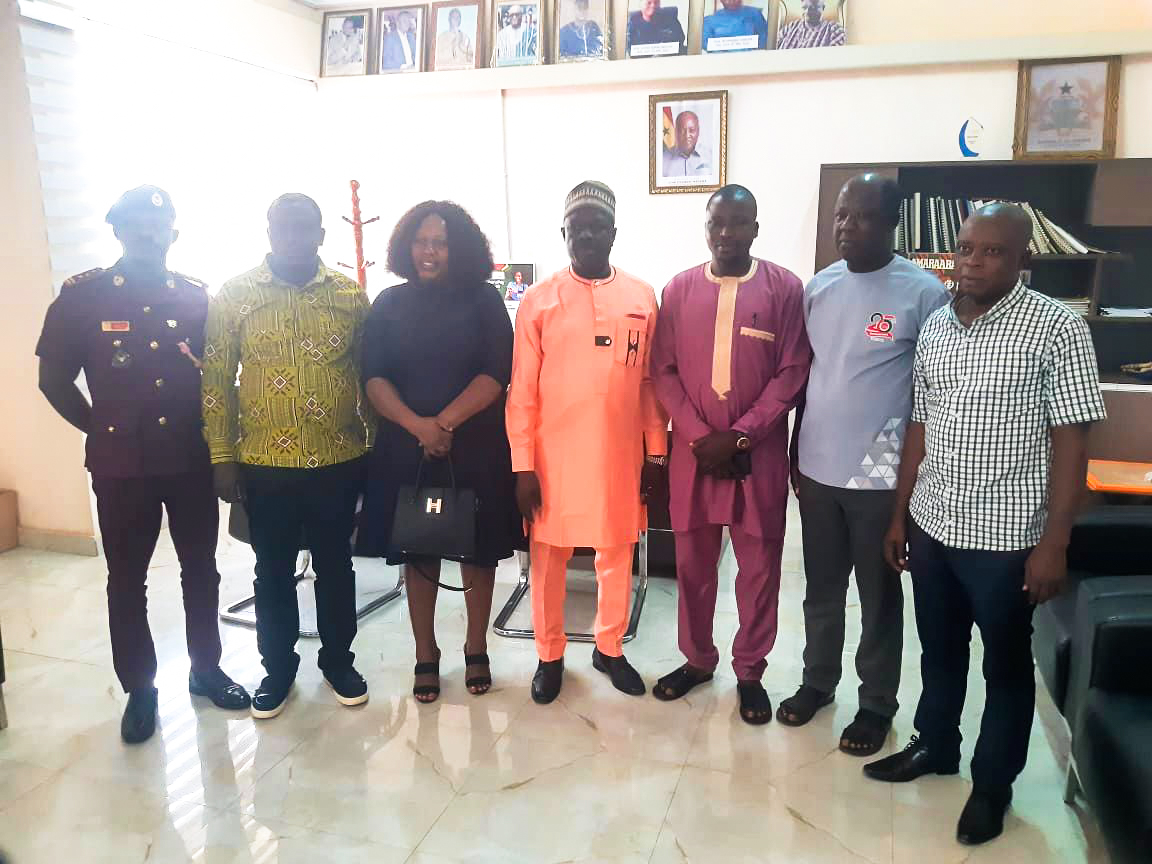The Vice President Professor Jane Naana Opoku-Agyemang has said that the government is investing in practical, preventive solutions to address the root causes of drug abuse.
The Vice President made the comments at this year’s World Drug Day under the theme “The Evidence is Clear: Invest in Prevention”.
She added that Ghana has demonstrated its resolve to stem the tide of drug abuse and dismantle the networks of trafficking and organized crime that sustain it.
Professor Jane Naana Opoku-Agyemang underscored that Ghana has made significant gains in the fight against conventional narcotic drugs such as cocaine, heroin and cannabis through demand and supply reduction interventions.
However, today, “we face a more complex challenge as drug trafficking and organized crime syndicates have shifted to include synthetic opioids”, she emphasized.
The Vice President commended NACOC for its proactiveness in curbing the drug trafficking menace in the country, adding that “The destruction of over sixteen metric tons of seized narcotic drugs on 20th June 2025 is proof that we are active in this fight. Every gram destroyed is a life potentially saved. Let us support the Commission and its allied institutions by providing the tools, training and resources necessary to stay ahead of these evolving threats”.
The Acting Director-General of the Narcotics Control Commission, Brigadier General Maxwell Obuba Mantey in his speech, said each passing day serves as a reminder of the fact that the global drug trade is not a stand-alone evil.
It feeds and is equally fed by a myriad of organised crime, trafficking, violence, corruption, money laundering and terrorism.
“Unfortunately, this nemesis destroys not only lives but entire communities. It preys on our youth, exploits our vulnerabilities and further undermines our development. Despite what appears to be a gloomy situation, Ghanaians are definitely neither helpless, bystanders nor are we powerless. Here in Ghana, we the Narcotics Control Commission, in strong collaboration with other national security institutions and valued international partners, continue to lead a fierce and focused campaign against illicit drugs”.
This, he said, can be achieved through tactical border control, intelligence-driven interdictions, the pursuit of swift prosecutions and the confiscation of criminal assets. “We are dismantling networks and sending a clear message that our homeland is not a safe haven for drug traffickers”, he added.
He further explained that in marking this year’s World Drug Day, NACOC has placed prevention at the very heart of our activities. Noting that in the past weeks, NACOC has conducted a nationwide drug destruction exercise that was led by the Commission, where over 17 metric tonnes of seized narcotic drugs were incinerated. This was not just an operation but a vehement declaration of our stance that Ghana will not tolerate poisoning of its people. Further, we organised an inter-school debate among drug-free clubs with the primary goal of empowering young minds to rise as champions of change. Similarly, we engaged the media, civil society and the public through education, health walks and community outreaches aimed at ensuring that the conversation reaches every household, every classroom and every street in this Country.
Brigadier General Maxwell reiterated that “let us be clear that prevention is not charity but a key strategy. It is the smartest, most cost-effective way to break the cycle of addiction, crime and despair that characterise illicit drug trade and its proliferation. Evidently, every cedi we invest in prevention saves lives, preserves futures and protects our national integrity”.
“To the youth of Ghana, I say that you are not the future but the present. Do not allow yourselves to be deceived, used, or destroyed by the empty promises of those who trade in death and despair. You were born for greater things. Take your place, speak out and rise”, he added.
The Chairperson of the occasion, Odeneho Kwafo Akoto III, Akwamu Hene on his part said “Just like the menace of illegal mining (Galamsey), drug abuse poses a public health issue, a security threat and an obstacle to sustainable development”.
He opined that “It is my fervent wish that, the occasion of World Drug Day will remind us to say NO to illicit drugs at all times”.
It will remind us and all stakeholders, especially those in responsible positions and authorities, that prevention is not just about saying NO – it is about creating alternatives. It is about education, opportunity, support systems, and stronger partnerships to nurture a society in which our people would feel valued, heard and empowered”.

